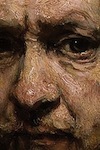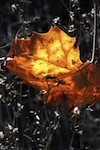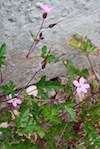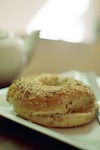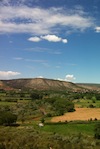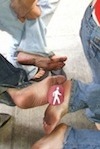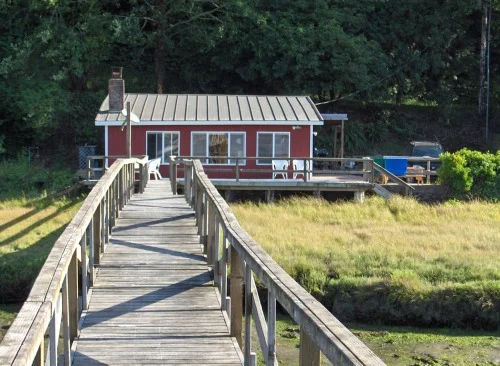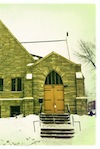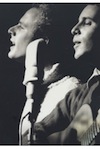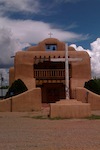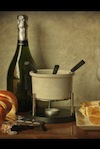You've chosen a noble vocation. Or, perhaps music has chosen you? That's even better. An invitation is preferable to a cold call.
At all times and in all ways, you must relentlessly pursue success. That is, as long as success is defined as increased skill and ability, imagination, humility, generosity of spirit, good humor, gratitude, innovation, love, and empathy, and becoming more like Jesus, not less. Your life as a musician is an invitation to become one kind of person in the world and not another, while leaving the world a better place than when you first arrived. It is a unique calling to live a seamless, integrated, creative life before God and the world, cultivating and enjoying the gift of music. Take it seriously . . .
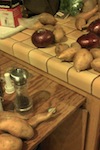 As I walked past the line of garbage cans that always posted sentry duty on Sunday nights, I scanned idly for any interesting abandonments — books or furniture whose owner had left them out for neighborhood salvagers to claim. I had learned in my last two years in New York that while the city might be stingy with space, its residents were a bit more laissez-faire with belongings they could no longer use. (In fact, I once heard a five-minute presentation on the best times of the month and neighborhoods to go looking for things.)
As I walked past the line of garbage cans that always posted sentry duty on Sunday nights, I scanned idly for any interesting abandonments — books or furniture whose owner had left them out for neighborhood salvagers to claim. I had learned in my last two years in New York that while the city might be stingy with space, its residents were a bit more laissez-faire with belongings they could no longer use. (In fact, I once heard a five-minute presentation on the best times of the month and neighborhoods to go looking for things.) As I walked past the line of garbage cans that always posted sentry duty on Sunday nights, I scanned idly for any interesting abandonments — books or furniture whose owner had left them out for neighborhood salvagers to claim. I had learned in my last two years in New York that while the city might be stingy with space, its residents were a bit more laissez-faire with belongings they could no longer use. (In fact, I once heard a five-minute presentation on the best times of the month and neighborhoods to go looking for things.)
As I walked past the line of garbage cans that always posted sentry duty on Sunday nights, I scanned idly for any interesting abandonments — books or furniture whose owner had left them out for neighborhood salvagers to claim. I had learned in my last two years in New York that while the city might be stingy with space, its residents were a bit more laissez-faire with belongings they could no longer use. (In fact, I once heard a five-minute presentation on the best times of the month and neighborhoods to go looking for things.)















